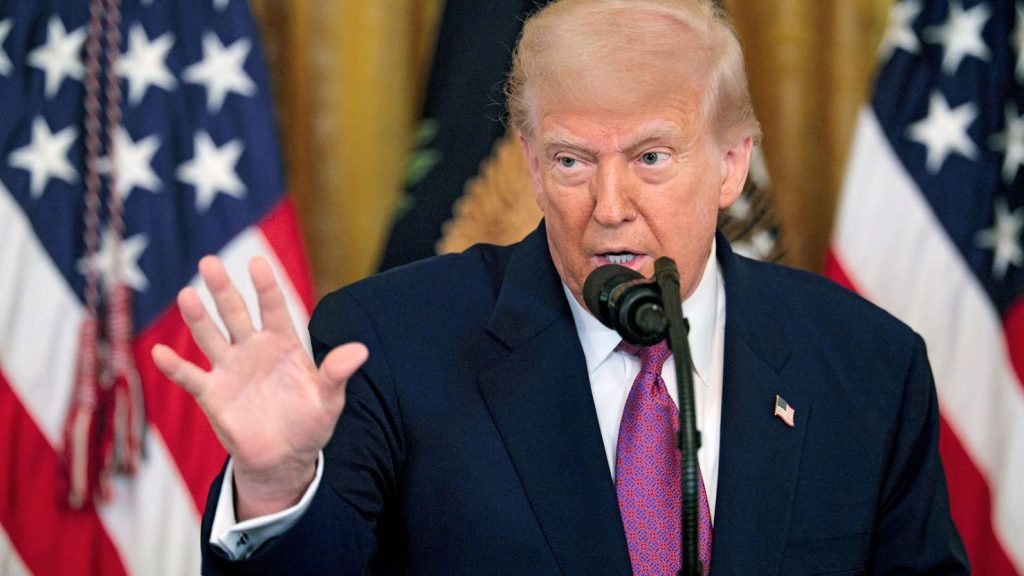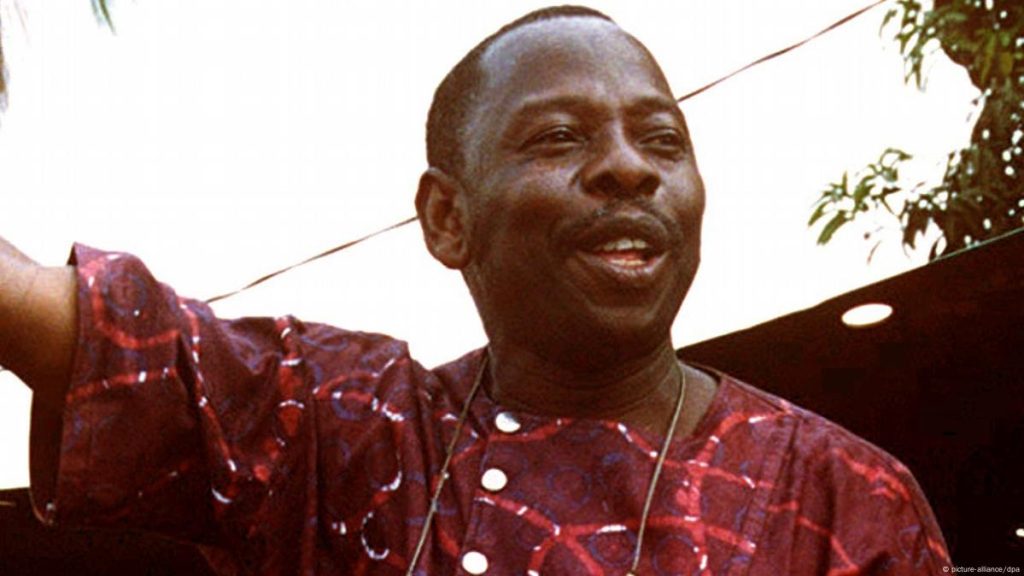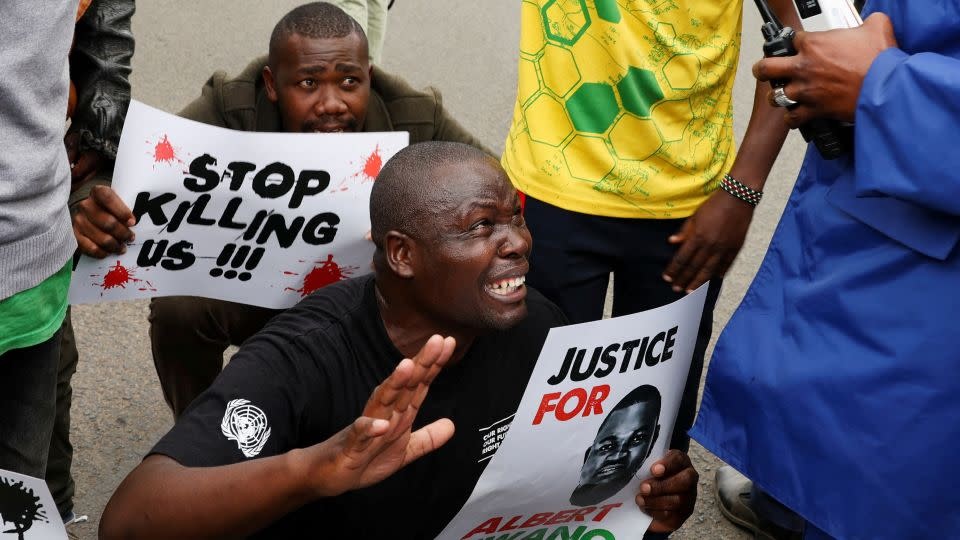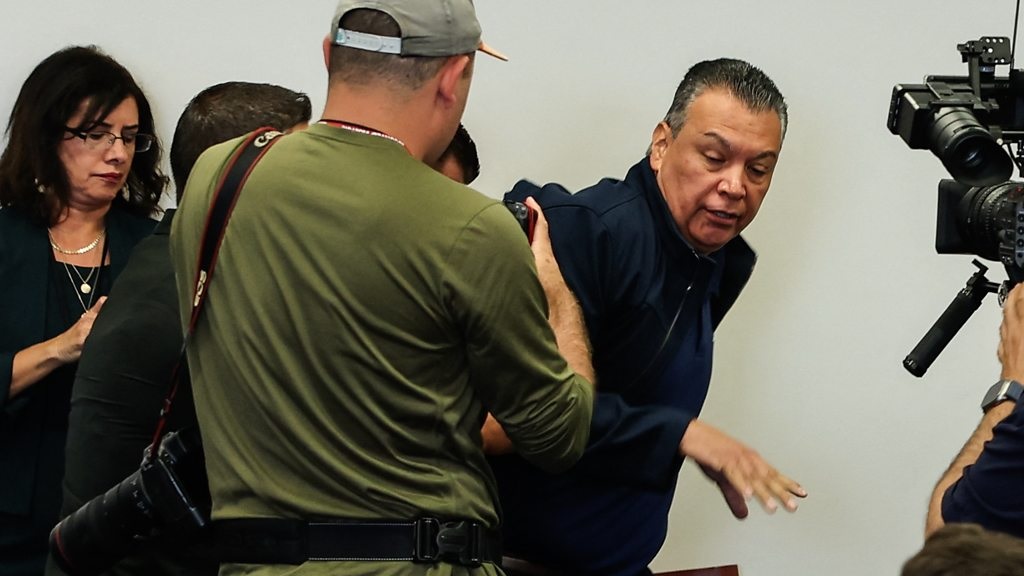News
IMO UNCHARTERED CHARTER OF EQUITY : CLAIM OF GOV UZODINMMA’S ENDORSEMENT, BLANTANT DISTORTION OF FACTS
DDM NEWS
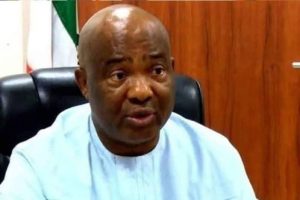
Gov Uzodinma
In the evolving political conscience of Imo State, the cry for fairness—authentic, enduring, and all-embracing fairness—has rung across the decades as both a democratic necessity and a moral demand.
As the tide of political anticipation swells toward the 2027 gubernatorial elections, that cry has risen into a clarion call. It is a call not merely for power, but for justice; not for privilege, but for balance; not for sectional triumph, but for collective inclusion.
Yet, amidst this noble yearning, a troubling distortion now seeks to hijack the people’s aspirations and recast them in the mold of parochial self-interest.
*A Manufactured Narrative Masquerading as Consensus*
Emerging from the political shadows, a group draped in the ambiguous name of the *Imo Elders Council* has sought to insert a counterfeit voice into the discourse. In public statements and media maneuvers, they allege that Governor Hope Uzodinma has declared support for the Owerri Zone as the designated successor in 2027—an audacious assertion they justify under the guise of a so-called “Charter of Equity.”
Such claims are not mere misstatements—they are fabrications, calculated to mislead. They are political forgeries parading as fact, and they represent a bold affront to both the intelligence of Ndi Imo and the dignity of the very concept of equity.
No such endorsement has been made—formally or informally—by the governor.
What has been expressed, time and again, is his principled support for an equitable framework: one that is inclusive, deliberate, consultative, and rooted in the collective will of the people—not in the ambitions of a privileged few.
*Equity is Not Born in Backrooms*
What defines true equity is its moral architecture—constructed through open dialogue, balanced participation, and democratic legitimacy. It must be forged in the crucible of statewide consultation, not conjured behind closed doors.
A Charter of Equity that will stand the test of time must address not only the governorship but also the full spectrum of leadership: the deputy governorship, legislative leadership, federal appointments, and key institutional positions.
It must reflect the lived realities and contributions of all three senatorial zones—Owerri, Orlu, and Okigwe—and incorporate the voices of women, youth, religious and traditional institutions, minorities and civil society. Anything less is not equity; it is elitism clothed in deception.
To weaponize the governor’s name in service of sectional entitlement is not just political dishonesty—it is a moral trespass.
It threatens the very unity that equity is meant to safeguard and reveals the underlying motive of control, not justice.
*Truth in Numbers: A Rejection of False Premises*
Perhaps the most glaring falsehood in this narrative is the claim that the governor’s 2023 reelection was the result of this phantom Charter of Equity.
The electoral data is unambiguous, and it dismantles this illusion with brutal clarity:
Orlu Zone, with its 12 local government areas, delivered an overwhelming 360,000 votes.
Okigwe Zone, with just 6 LGAs, contributed a respectable 101,000 votes.
Owerri Zone, despite having 9 LGAs, delivered a mere 99,000 votes.
These numbers are not subject to interpretation—they are the democratic voice of the people.
They confirm that the mandate given to Governor Uzodinma was not the product of any sectional arrangement but the consequence of widespread confidence in his leadership, vision, and competence.
To retroactively ascribe this landslide to an alleged Charter is not only revisionist—it is insulting.
It diminishes the resolve of voters, disrespects the governor’s political sagacity, and seeks to rewrite a democratic reality to favor an unearned agenda.
*Justice, Not Sentiment, Must Anchor Equity*
Equity, if it is to endure, must rise on the foundations of justice—not sentiment, not emotion, and certainly not entitlement.
It must take into account the historic patterns of exclusion, the uneven spread of development, and the need for balanced growth.
To suggest that any zone has an automatic claim to leadership without such a holistic reckoning is to cheapen the very notion of justice.
In recent years, over 80% of state investments and infrastructure have been channeled into the Owerri —leaving other parts and zones in relative neglect.
If we are to speak earnestly of equity, we must begin with a reckoning of how resources have been generated and how resources have been allocated and which communities have borne the cost of imbalance.
Fairness must consider not only where we are going, but how far each region and communities have been carried—or left behind.
*Leadership Must Be a Steward of the Collective Good*
Governor Uzodinma has distinguished himself as a leader of unity, infrastructure, and institutional transformation.
To lend his office to the service of a manipulated, exclusionary agenda would be to betray that legacy.
His administration must remain above sectional politics and immune to the pressures of political opportunists.
By refusing to validate such schemes, the governor reaffirms the sanctity of his leadership, preserves the harmony of the state, and sets a precedent for governance rooted in justice—not appeasement.
*Toward a Future Forged in Truth and Trust*
Imo’s path forward must not be dictated by the echo chambers of entitlement or the undercurrents of political intrigue. It must be shaped by consensus—not coercion; by justice—not manipulation.
A genuine Charter of Equity must emerge from the collective intellect and conscience of Ndi Imo. It must be transparent in its formation, inclusive in its scope, and just in its intent. Only then can it command legitimacy across generations.
Let not ego drown equity. Let not ambition silence truth. And let not sectional arrogance obscure the vision of a united, progressive Imo.
Let every zone, every community, every stakeholder rise above the politics of division and embrace the higher calling of shared destiny.
Let this moment not be squandered by the noise of the few, but sanctified by the voice of the many.
Let history not record that we stood at the crossroads of justice and chose convenience.
Let it instead remember that we rose to the challenge, reached for fairness, and built a state where leadership is not dictated by accident of geography but by equity of spirit.
Bishop C. Johnson
Retired United States Army Captain, social commentator, and advocate for equity and good governance. He writes from his native village in Egbema, Imo State.
Contact: 09054506206 | b.chuck.johnson@gmail.com.
For Diaspora Digital Media Updates click on Whatsapp, or Telegram. For eyewitness accounts/ reports/ articles, write to: citizenreports@diasporadigitalmedia.com. Follow us on X (Fomerly Twitter) or Facebook






